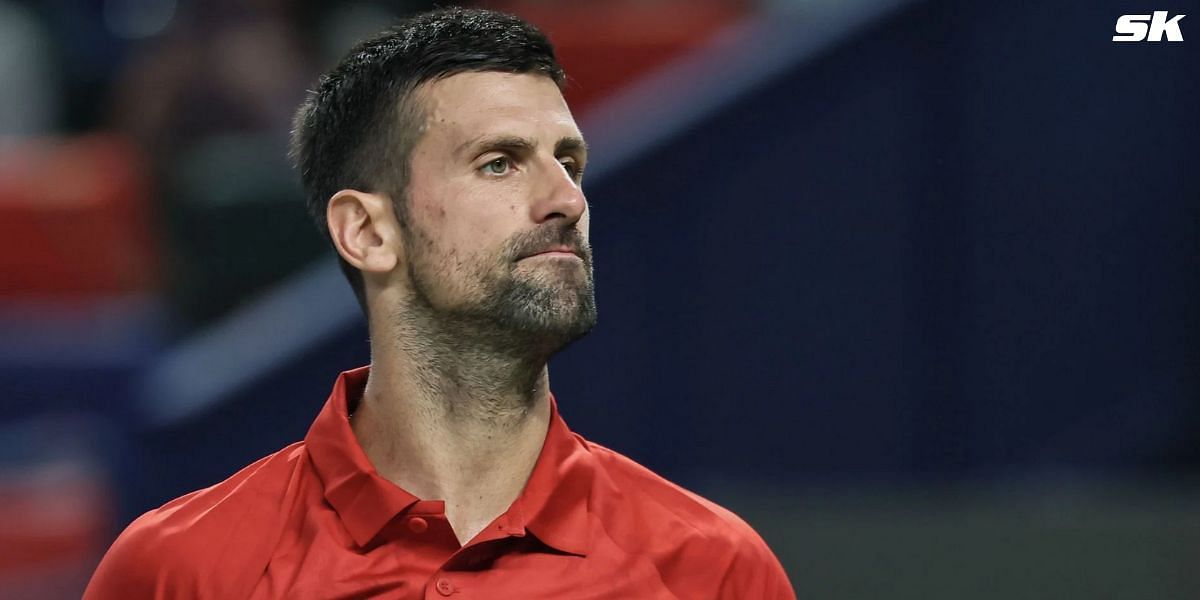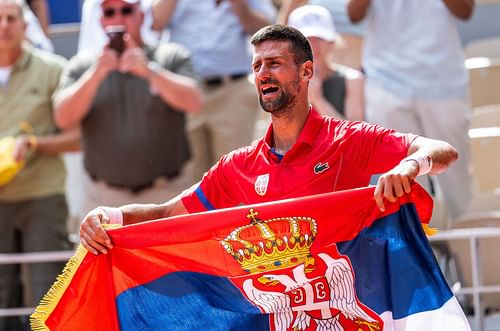
"They killed many innocent people for no reason" - When Novak Djokovic opened up about how 1999 NATO bombing impacted his life and career
Novak Djokovic has often discussed his traumatic childhood in a war-torn country and its impact on his mindset. During one such conversation in 2015, the Serb revealed that living in danger “every day” ultimately made him “hungry for success.”
Djokovic was born in Belgrade, Yugoslavia (now Serbia) in 1987. In 1991, at age four, the Serb was introduced to tennis after receiving his first racket. However, his journey to becoming a tennis player wasn’t as direct as he would have wished for.
In the 1990s, Novak Djokovic and his family’s lives, alongside those of his countrymen, were tragically affected by the Kosovo war. The 1999 NATO bombing of Belgrade also had a lasting impact on the former World No. 1. Revisiting his childhood during a 2015 interview with the Financial Times’ Peter Aspden, he said:
"It was one of the toughest times in the history of the Serbian people."
He recalled the struggles of obtaining basic necessities like food for families in the war-torn region.
"There were lines of people queueing for bread every day."
The Serb has previously shared how his family had to desperately seek shelter “every single night” of the bombing, hiding with their fellow building residents. During the 2015 interview, he said:
"In 1999 during the NATO bombings our lives were in danger every day. They killed many innocent people for no reason."
He also attributed his hunger for success to these painful experiences.
"Helped me to become the person I am today. They made me mentally stronger. They made me hungry for success," the former World No. 1 said.
"The only way is to move on, forgive" – Novak Djokovic on how he channeled his negative thoughts into positive results in his career

In the aforementioned interview, Novak Djokovic added that although the unfortunate events from his childhood would be etched in his memory forever, forgiveness helped him move on.
He also indicated that he channeled his negative emotions surrounding those memories into success on the tennis court.
"They stay inside your heart, always. You can’t forget them," he said. "The only way is to move on, forgive, use that experience as a positive reinforcement."
"If you can channel it in the right way, fear will turn to strength," he added.
Novak Djokovic has often acknowledged the role his upbringing and experiences have played in how he conducts himself on the court. The Serb, who has won a record 24 Grand Slam titles in his career, is famously known for his clutch mindset and ability to fight back in the face of defeat.